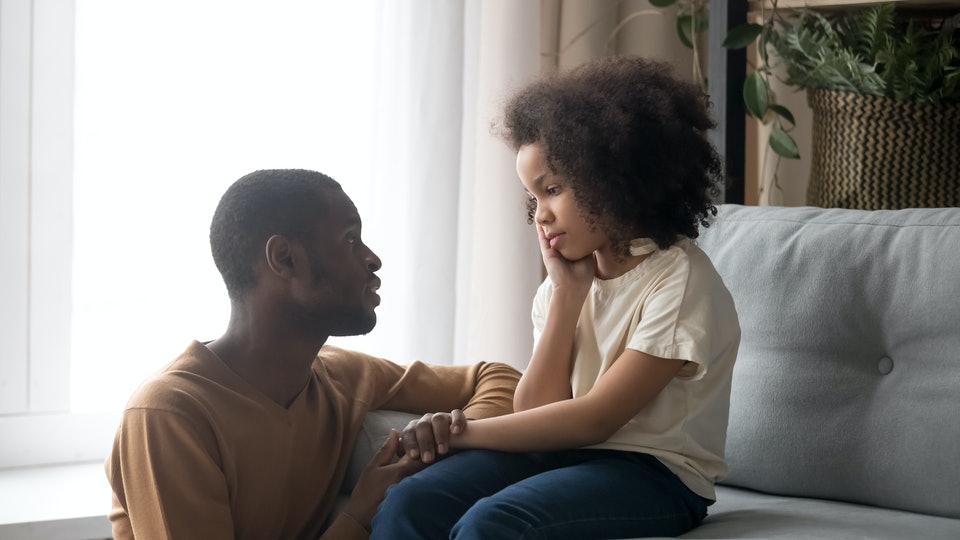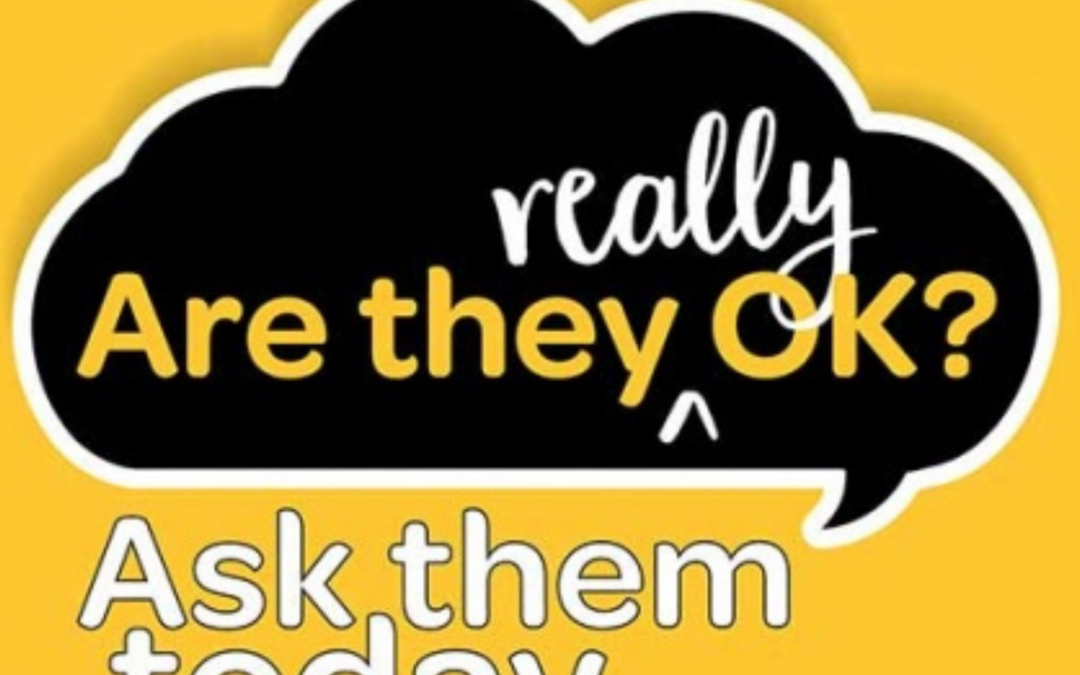R They Okay?
2020 and 2021 has seen Australian families struggle through a new-normal and it is important to acknowledge that, while us adults have had to face challenges we never foresaw, we are not the only ones affected during this pandemic.
Our children have been left out of the media when it comes to the pandemic and its effects on us, even though they have suffered the collateral impact, especially on their mental health.

The Sad Truth…
In the last 2 years, children across Australia have been absent from school, more than ever before, having a detrimental impact on their social, emotional and cognitive development as well as their overall confidence and self-esteem.
For younger children, this had led to severe losses in learning the basic foundations such as reading and writing. They may have not experienced hosting that first-school-year birthday party or receiving that first merit award proudly in front of their family. Luckily, most of these firsts will eventually still happen eventually.
For older children the losses are permanent and, unfortunately, moments that they will never get back. Crucial moments such as:
- The Last Day of School Ever
- School Graduation
- Year 12 Ball
- Sitting Final Exams
- Results and Opportunities from Final Exams
To name a few.
And That’s Not All…
Children, of all ages, are not being exposed to peer relationships due to homeschooling and, while they are able to build memories with their families, they are missing out on early peer friendships and relationships.
If children don’t have the opportunity to form, keep and maintain friendships, and understand how to adapt to lost relationships, are they going to be prepared for future heartbreak/rejection?
Think about it. As a young adult, we are regularly faced with new challenges and we turn to those early experiences where we overcame a similar obstacle. We recall a memory from our childhood or teenage years and use this as a guide for how to deal with our current problem. If children, and teenagers, have not had these pivotal experiences, at the early stages of life, will they be ready for the ‘adult problems’ to come?

So, What Can We Do?
Children need to have the opportunity to openly express their feelings without fear of judgement or dismissal. They need a safe space to tell us that they are hurting, scared, insecure or uncertain about their future (as we know they must be)!
As the children’s guardians, it is important that we understand the need to start a dialogue about the normality of not feeling ‘normal’ right now.
There are a variety of ways in which we can help and support our children through how they are feeling. This short video from Emerging Minds introduces ways for parents and carers to talk to their children about the COVID-19 pandemic, starting with taking care of one another and supporting each other.
Children need routine and structure as much as they need free time and play. As families are spending more time at home together, this short video from Emerging Minds introduces ways for parents and carers to manage routines for their children during the COVID-19 pandemic.
If you, or your child, are currently needing someone to talk to, the following services are available:




